| | Wilderness Watch Weighs In
Thank you for the thousands of letters you've recently sent to Congress and the agencies on numerous Wilderness issues. Learn more about some of the issues we're working on: | | 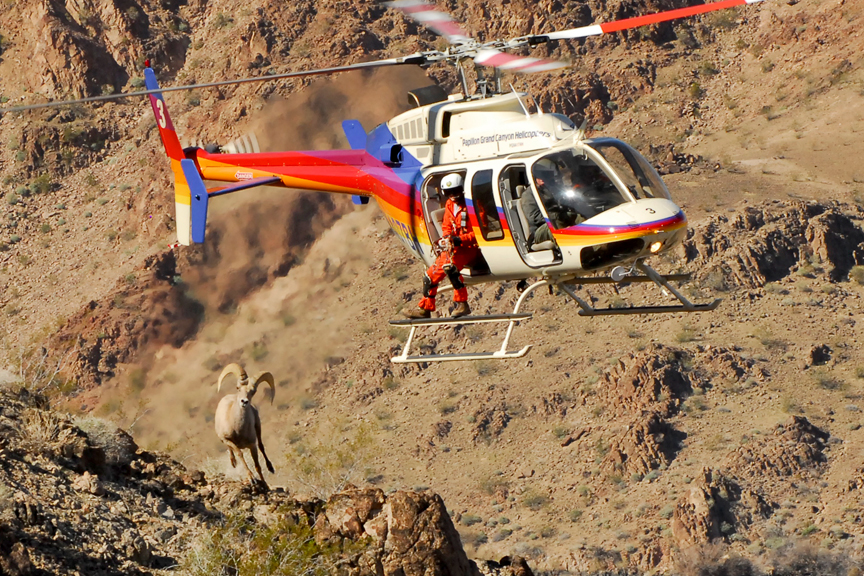 | Helicopter Invasion Proposed for Five Wildernesses in Arizona: Wilderness Watch is urging the Forest Service to reject an Arizona Game and Fish Department (AGFD) proposal for up to 150 helicopter landings in the Four Peaks, Hellsgate, Mazatzal, Salt River Canyon, and Superstition Wildernesses, for bighorn sheep capture. Read our comments. | | 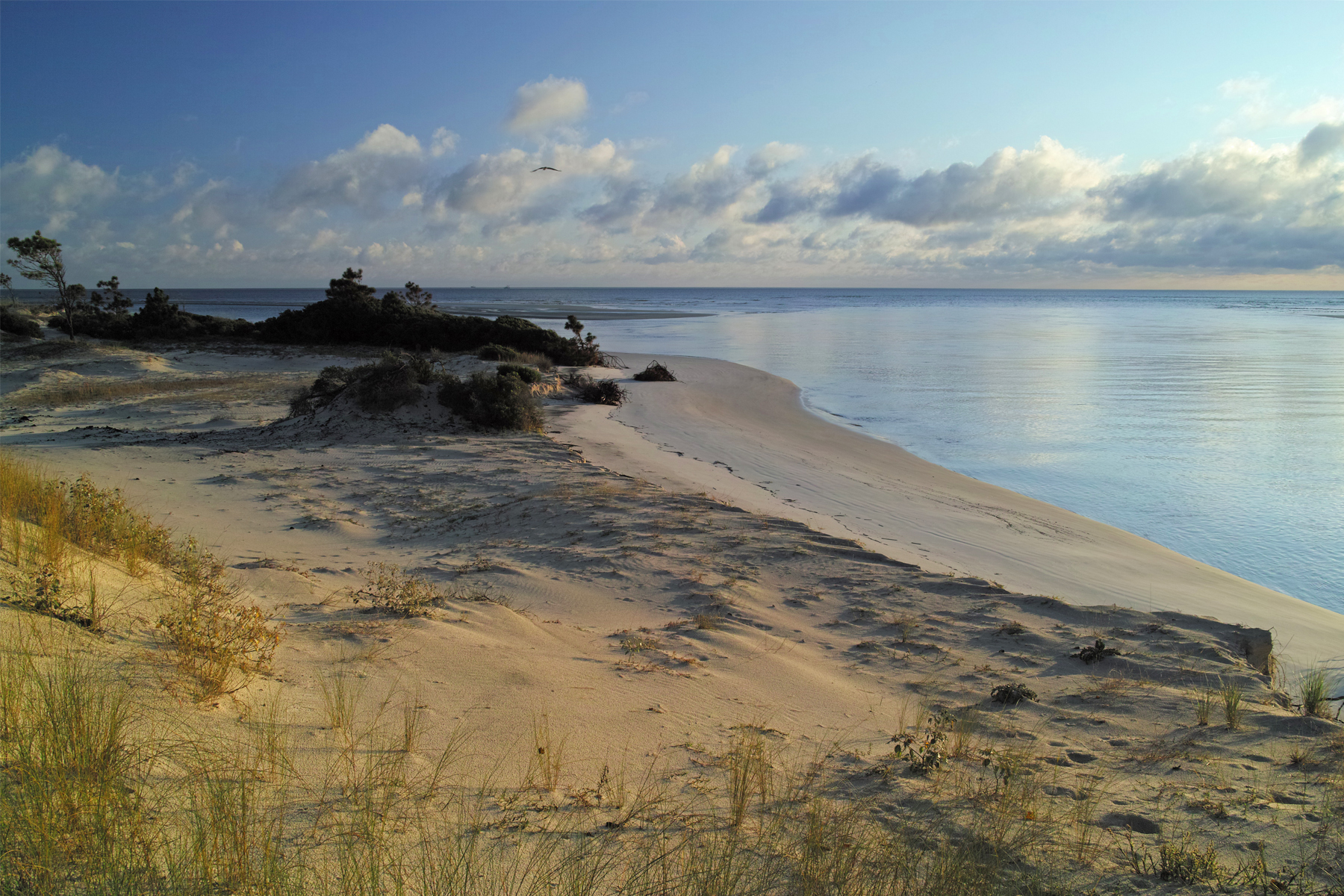 | Time to Keep the Promise of a Wild Cumberland Island: Wilderness Watch is urging the National Park Service to preserve the wild characteristics that Cumberland Island in Georgia was set aside to protect. Unfortunately, the National Park Service (NPS) has historically and tragically failed to keep the promise of a wild Cumberland Island. Read our comments. | | 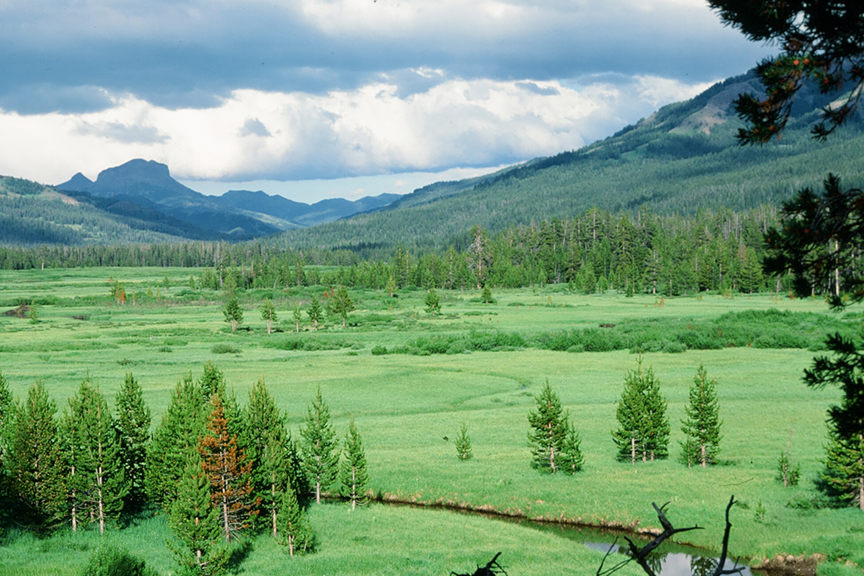 | When the Cure is Worse than the Disease: Wilderness Watch is questioning a Forest Service (FS) proposal to spray herbicides and possibly introduce exotic insects in the Gros Ventre, Bridger, and Teton Wildernesses in Wyoming. Read our comments. | | 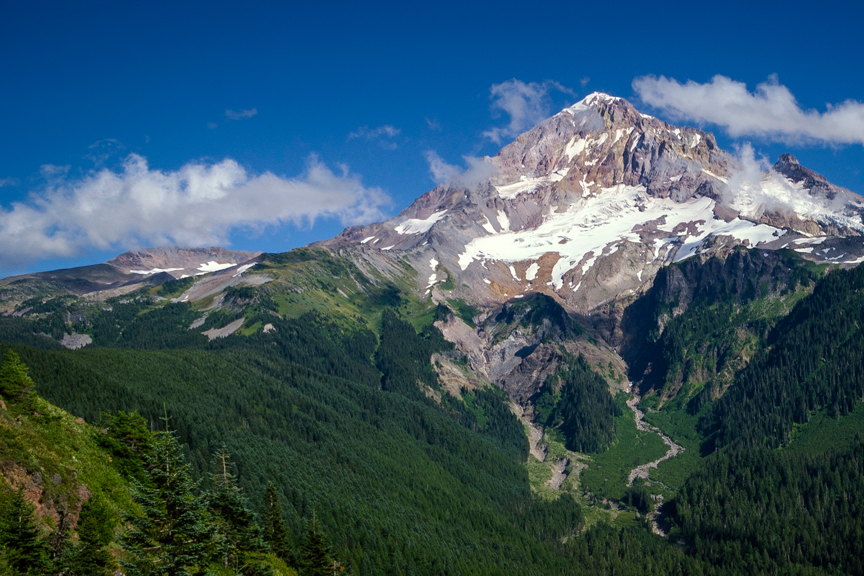 | WW Objects to Permanent Structures and Helicopters in Mt. Hood Wilderness: Wilderness Watch recently filed a formal objection to a Forest Service (FS) decision to allow the US Geological Society (USGS) to install permanent structures and installations, and land helicopters, in the Mt. Hood Wilderness in Oregon. Read our Objection. | | 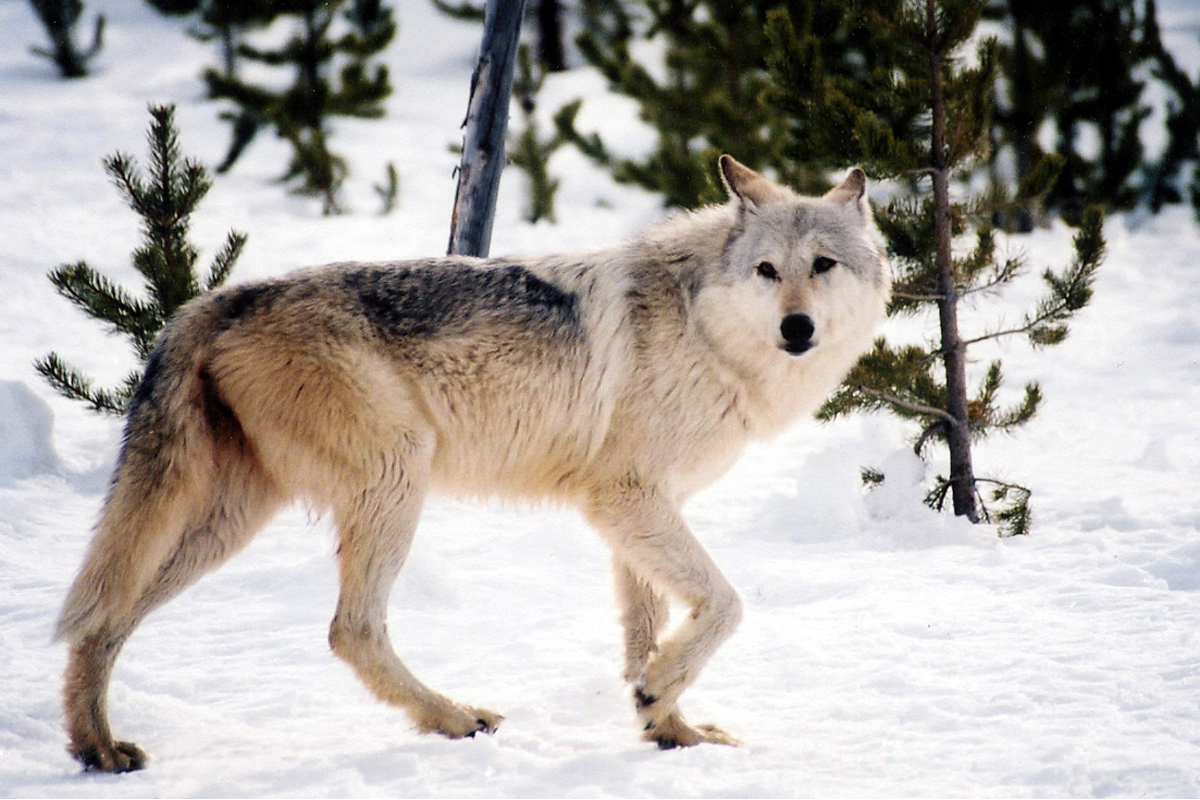 | Gray Wolves in the Crosshairs: Wilderness Watch is opposing the Trump Administration’s proposed rule to strip Endangered Species Act protection for all gray wolves in the contiguous 48 states. Read our comments. | | 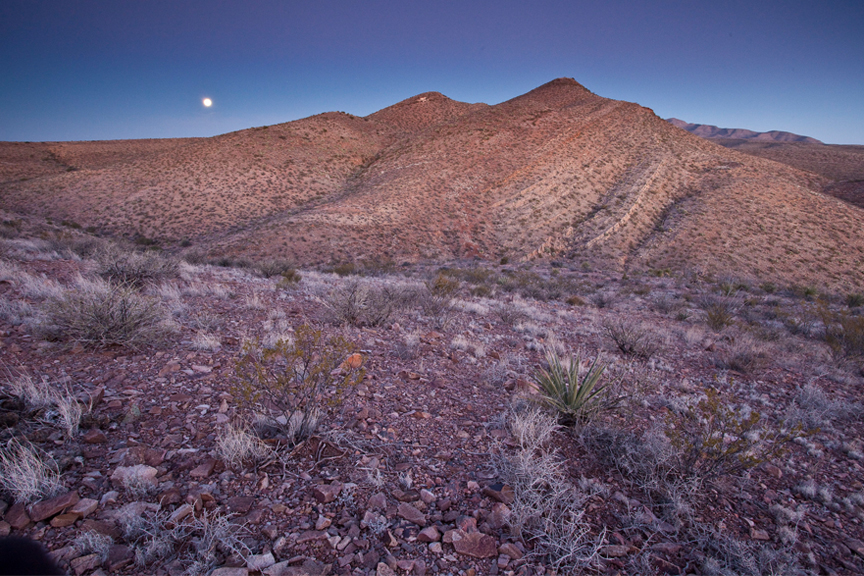 | BLM Seeking to Commercialize Wildernesses in New Mexico: Wilderness Watch is concerned about a Bureau of Land Management (BLM) proposal to significantly increase commercial use and allow commercial filming in the Organ Mountains and Broad Canyon Wildernesses in New Mexico. Read our comments. | | | | Help us protect Wilderness around the country. All first-time donations matched! | | | | | | 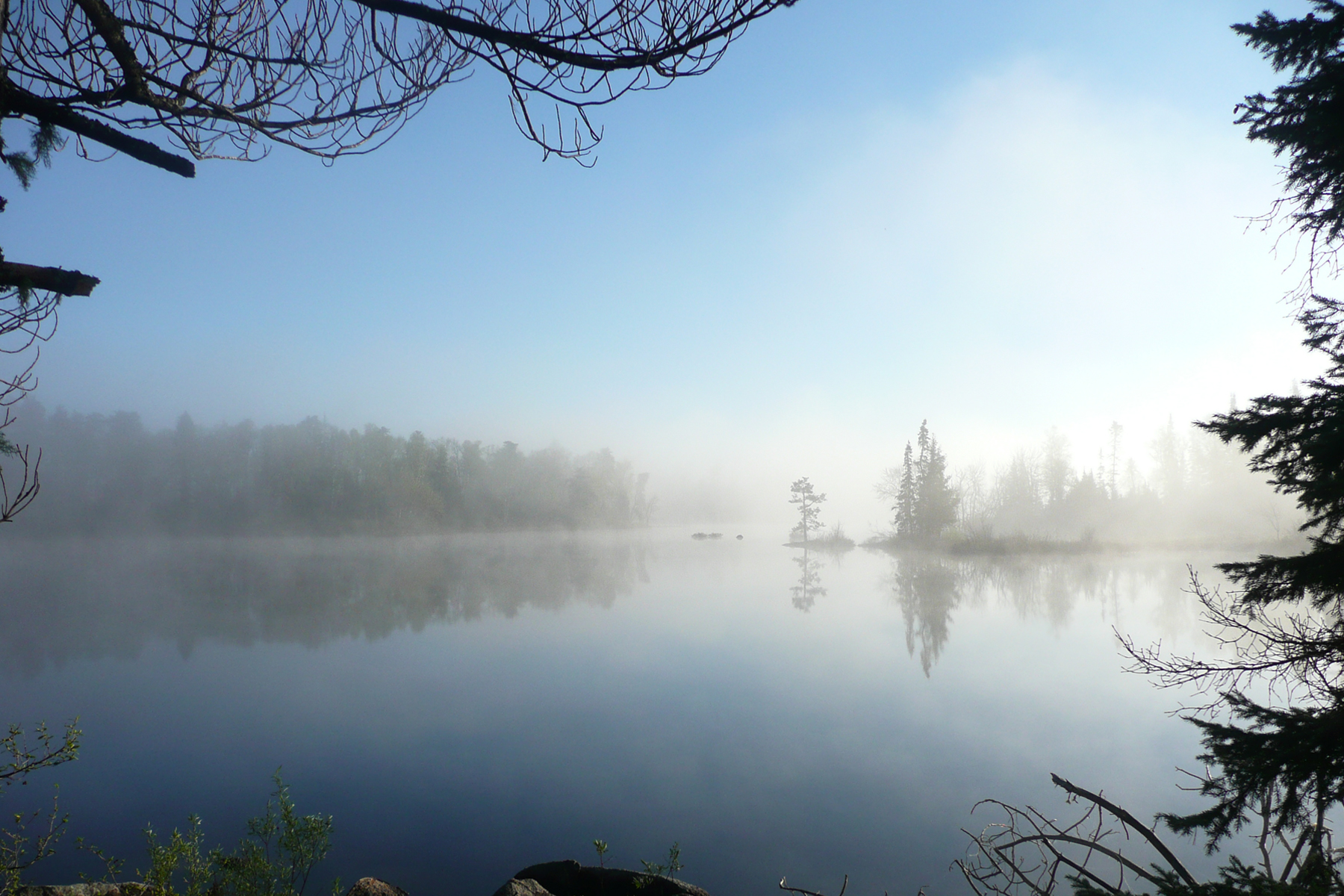 | Boundary Waters Mining Threats Advance: The Trump Administration continues to place the 1.1 million-acre Boundary Waters Canoe Area Wilderness (BWCAW) in northeastern Minnesota in jeopardy from proposed new copper-nickel sulfide mining. This past spring, the U.S. Army Corps of Engineers issued the required wetlands permit for the proposed PolyMet copper-nickel mine, the last permit needed for this mine. Litigation challenging PolyMet, however, is still pending in the courts. Separate litigation also challenges the Trump Administration’s illegal renewal of two expired federal mining permits for the proposed Twin Metals mine at the edge of the BWCAW. | | | | Wilderness in Congress
Interest in wilderness continues in the current 116th Congress. Here is a sampling of some of the introduced bills to date: Good bills— - NREPA (HR 1321, S. 827; Maloney, D-NY and Whitehouse, D-RI). The visionary Northern Rockies Ecosystem Protection Act (NREPA) would designate 23 million acres of Wilderness in Idaho, Montana, Oregon, Washington, and Wyoming, plus 1800 miles of wild and scenic river segments.
- Arctic Refuge Coastal Plain (HR 1146; Huffman, D-CA) would amend Public Law 115-97 (the Tax Cuts law) to repeal the Arctic National Wildlife Refuge (Alaska) coastal plain oil and gas drilling authorization found in that law.
- Protecting Wildlife and Wilderness from Border Walls (S. 264; Heinrich, D-NM) would prohibit the construction of levee walls, bollard fences, or any other wall along the southern border in federal wildlife refuges and Wildernesses, and on State land.
- Wild Olympics (HR 2642, S. 1382; Kilmer, D-WA and Murray, D-WA) would designate 14 new Wildernesses—totaling 126,500 acres—in Olympic National Forest in Washington and 464 miles of wild and scenic river segments.
- Oregon Recreational Enhancement (ORE) Act (S. 1262; Wyden, D-OR) would expand the Wild Rogue Wilderness by 59,512 acres and withdraw 100,000 acres of federal minerals next to the Kalmiopsis Wilderness. The wilderness section is free of special provisions.
- House Interior Appropriations Report (McCollum, D-MN) compels the U.S. Forest Service to finish a study cancelled by the Trump Administration on the potential environmental impacts on the watershed of the Boundary Waters Canoe Area Wilderness (BWCAW) in northeastern Minnesota from the proposed Twin Metals copper-nickel mine.
- Grizzly Protection Act (HR 2532; Grijalva, D-AZ) would protect grizzly bears from hunting, capturing, or transport even if grizzlies were de-listed from the federal Endangered Species Act.
- Hardrock Mining Reform (HR 2579; Grijalva, D-AZ) reforms and replaces the antiquated 1872 Mining Act to prohibit hardrock mining activity in units of the National Conservation System (including the National Wilderness Preservation System), among many other things.
Bad Bills— - Mountain Bikes in Wilderness (S. 1695; Lee, R-UT), which did not move in the Senate last year, would open the entire National Wilderness Preservation System to mountain bikes and other human-powered mechanical transportation.
- Superior National Forest Land Exchange (HR 527; Stauber, R-MN) would force through a land exchange needed by PolyMet Mining Co. to develop a copper-nickel mine south of the BWCAW, and sidestep multiple litigation cases in federal district court challenging that exchange.
- Securing Our Borders and Wilderness Act (HR 612; Johnson, R-LA) would directly amend the 1964 Wilderness Act to allow access to structures, installations and roads; use motor vehicles; use and land aircraft; deploy “temporary” infrastructure, including forward operating bases; and construct and maintain roads.
- Pershing County Economic Development and Conservation Act (HR 252; Amodei, R-NV) would designate seven new BLM-administered Wildernesses in Pershing Co., Nevada, totaling 136,072 acres. Has the customary bad special provisions for buffer zones and military overflights. But also allows hydrologic, meteorological, or climatological data collection devices in Wilderness. Has bad water rights language. Allows installation of “temporary” telecommunications device in the Selenite Peak Wilderness. Has terrible wildlife language (allows helicopters, structures, and facilities in Wilderness). Releases 48,600 acres of Wilderness Study Areas (WSAs) from protection.
- NW California Bill (HR 2250/S.1110; Huffman, D-CA, and Harris, D-CA) would designate 17 Wildernesses or wilderness additions totaling 251,023 acres on lands administered by FS and BLM in NW CA. But the bill is full of bad special provisions that weaken protections for Wilderness: buffer zones, military overflights, horses, hydrologic/meteorologic/climatological collection devices, and a competitive equestrian event. It also incorporates bad wildlife practices and contains a new special provision legalizing permanent fixed climbing anchors in Wilderness.
View Wilderness Watch’s full chart of Wilderness legislation: https://bit.ly/2Kn8heH | | | | | | We're Still Defending our River of No Return Elk Collaring Victory: In 2017, a federal judge in Idaho issued a stern rebuke of the Forest Service’s approval of over 100 helicopter landings in the River of No Return Wilderness to collar elk in an effort to justify Idaho Department of Fish and Game’s (IDFG) plan to exterminate sixty-percent of wolves in the Wilderness. To our knowledge, this was the most extensive helicopter intrusion in Wilderness ever authorized, and to make matters worse, IDFG also captured and placed electronic tracking collars on four wolves from three packs even though it was expressly not permitted to do so. The judge found the agency’s actions in violation of the Wilderness Act and the National Environmental Policy Act and ordered IDFG to destroy the illegally obtained data, noting this was the “rare or extreme case” where a mandatory injunction is required. Rather than appealing to the Ninth Circuit on the merits, the agencies appealed the decision on largely jurisdictional grounds arguing that the lower court did not have jurisdiction over IDFG, that the case was moot because the agencies rushed to finish the project before the court could rule, and that even if the court had jurisdiction to hear the case, it overstepped its authority in ordering the destruction of the illegally obtained electronic tracking data. We are currently defending this important win for one of the largest areas of wild country in the Lower 48 and expect to have oral argument before the Ninth Circuit later this year. | | Chainsaws Stopped for Now: On May 22, Wilderness Watch and two co-plaintiff organizations sued to stop the Forest Service’s unprecedented decision to use chainsaws for clearing trails throughout the Weminuche and South San Juan Wildernesses in southern Colorado. On June 10, the regional forester rescinded the illegal plan. The impressive outpouring of opposition from Wilderness Watch members and supporters like you, along with our strong legal case, is what stopped the Forest Service from running chainsaws all over these Wildernesses. | | | | | | Andrew Hursh studies at Vermont Law School, focusing on environmental law, public lands, and international climate change agreements. He grew up in the Midwest but moved to Missoula, Montana in 2010 for college and graduate school. Wilderness has been central to all his motivations since, from the Wilderness Institute's minor program, to guiding backcountry and river trips, to trail work, to his ecology and policy research. His pathway toward a public interest legal career developed out of a desire to connect his science background and graduate climate change research with policy decisions that utilize our knowledge (or fail to) on the ground. Outside of his academic work, Andrew tries to stay outside—he’s always had the backcountry bug, and for the past few years, the travel bug has gotten to him, too, with opportunities to explore some wild landscapes abroad. Andrew is thrilled to contribute to Wilderness Watch's work this summer and to better get to know the folks who protect our public lands so that his legal career can soon join the effort. | | | | Gene McCarthy is a rising second-year law student at the University of Oregon. He grew up in Tappahannock, VA and spent his childhood visiting the Shenandoah Wilderness in Virginia and the National Forests of North Carolina. Gene is interested in protected wilderness because he grew up outdoors and has witnessed the extent to which the wild areas of the Southeast have been carved up and isolated. As an aspiring lawyer, he looks forward to working to preserve the remaining wilderness of the U.S. During his time outside of school Gene enjoys getting out in the woods to solo hike and fly fish. | | | | | | Wilderness in the News A Griz in the Selway-Bitterroot Wilderness: A young male grizzly bear recently made his way to the Selway-Bitterroot Wilderness in central Idaho, a precarious place for a bear to be during black bear hunting season—when hunters bait black bears with piles of trash and human food. Prior to this grizzly’s arrival, the first known grizzly to inhabit the area in 50 years was killed by a black bear hunter in 2007. Shortly before the bear’s arrival, Wilderness Watch and allies filed suit in federal court to stop the killing of grizzly bears at black bear bait stations on national forest lands in Idaho and Wyoming.
Goat Capture and Relocation Proceeds in Olympic National Park: A heavy-handed mountain goat capture and relocation effort in Olympic National Park and the Cascades is continuing this summer. A news article describes the ordeal the goats are subjected to, “… they will journey far away to the North Cascades…only after first having been darted or netted, blindfolded, drugged, flown across the mountain range and then placed in a refrigerated truck for transport.” Wilderness Watch unsuccessfully fought this plan which violates the Wilderness Act on multiple levels.
Permits Required: The Forest Service released its final plan for a new summer permit system starting in 2020 for 19 popular trailheads and all camping in the Mount Jefferson, Three Sisters, and Mount Washington Wildernesses in Oregon, to address too much use. It remains to be seen how much the permits will cost. Read a news article. | | | | | | | | Photos: Eagle Cap Wilderness, Oregon by Leon Werdinger Photography; Bighorn pursuit by AZ Game and Fish Department via Desert LCC/Flickr. License: bit.ly/1ryPA8o; Teton Wilderness by Howie Wolke; Mt. Hood Wilderness by Thomas Shahan via Flickr; Gray wolf by MacNeil Lyons/NPS; Organ Mountains by BLM NM via Flickr; Boundary Waters Canoe Area Wilderness by Steven Conry via Flickr. | | | | | | | | | |